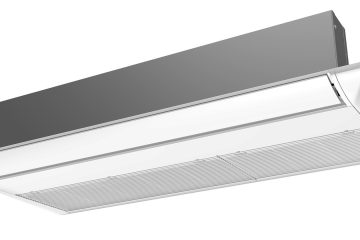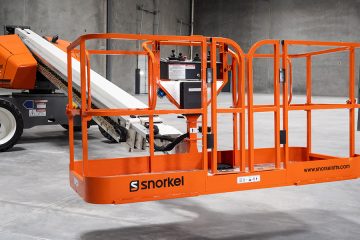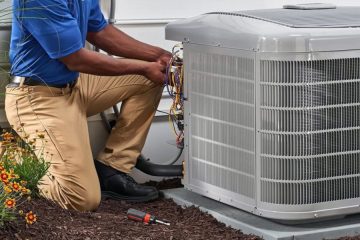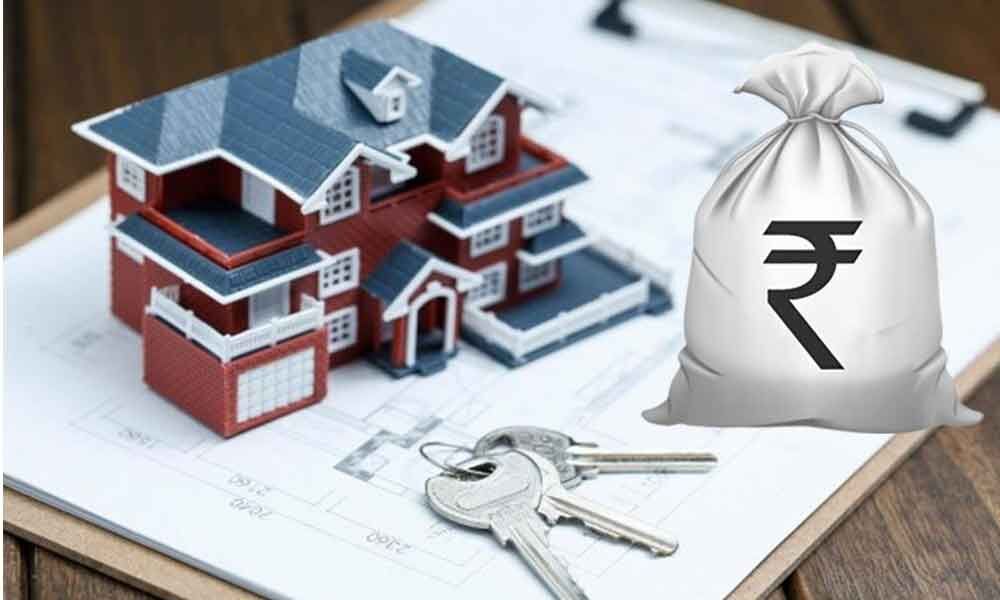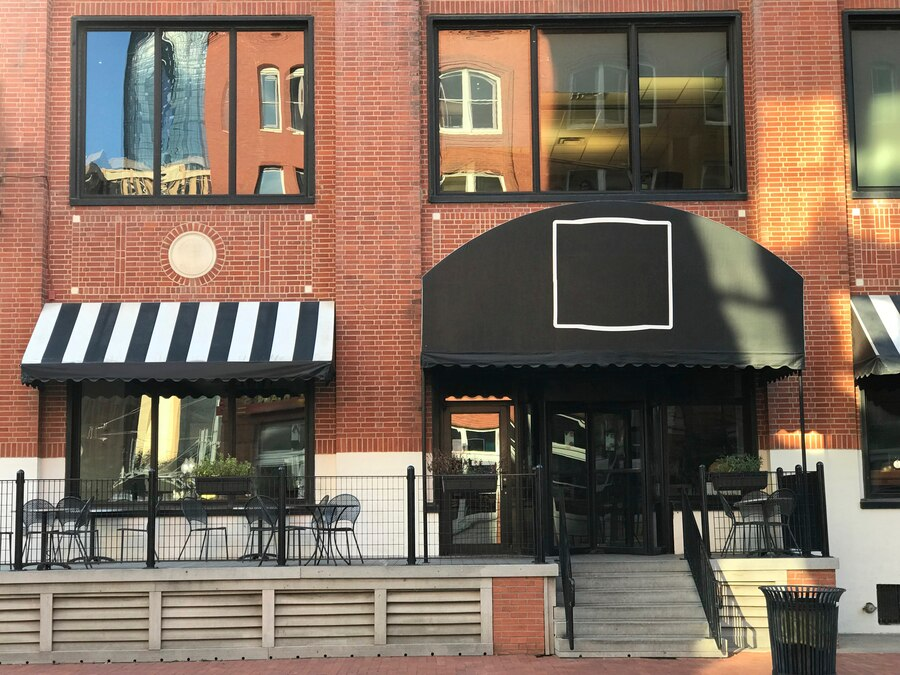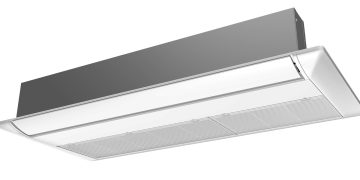How do you read between the lines in a condo inspection report?
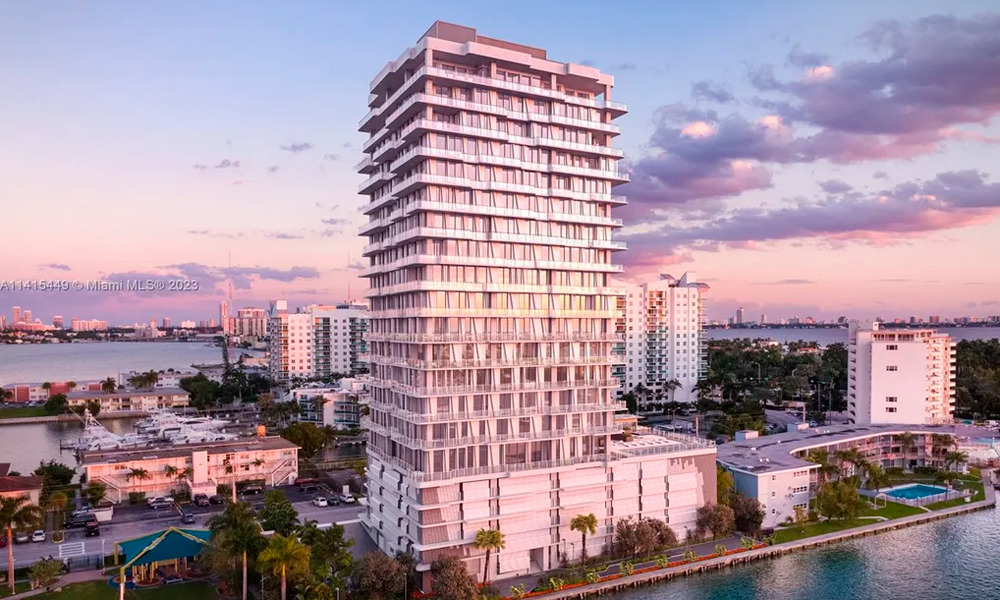
Reading a condo inspection report requires more than scanning for obvious red flags. Professional reports often use carefully worded language that may downplay serious issues or use technical terminology that obscures the property’s actual condition. When purchasing a property in prestigious developments like promenade-peaks.com.sg, knowing how to interpret these reports becomes crucial for making sound investment decisions and avoiding unexpected expenses after moving in.
Phrase code revealed
Inspection reports frequently contain subtle indicators of potential problems. Phrases like “typical settling” might indicate foundation issues requiring expensive repairs. “Adequate ventilation” could suggest the ventilation is minimal but technically meets code requirements, while “maintenance recommended” often signals existing problems that need immediate attention rather than routine upkeep. Inspector language aims to document conditions without creating legal liability, so they may use softened terminology when describing defects.
Terms such as “evidence of moisture” rather than “water damage” or “nearing the end of its service life” instead of “needs replacement” allow inspectors to flag issues without making definitive claims about severity. When reviewers note that something “appears to be functioning” or is “serviceable,” this indicates they performed limited testing rather than a thorough evaluation. These qualifiers suggest the inspector observed basic operation but cannot guarantee the reliability or longevity of the component, meaning you should investigate further before assuming everything works properly.
Warning sign patterns
Look carefully for patterns in the report that might indicate systematic issues rather than isolated problems:
- Multiple mentions of moisture in different locations
- References to improper installations across several systems
- Notes about deferred maintenance throughout the property
- Recommendations for additional specialist inspections
- Comments about code compliance using terms like “when installed”
Pay special attention to recommendations for further evaluation by specialists. When an inspector suggests having an electrician, structural engineer, or mould specialist examine something, this often means they’ve identified potentially serious problems beyond their scope of expertise or liability comfort level. Water-related comments deserve particular scrutiny since water damage can lead to extensive and expensive repairs. Even minor notes about dampness, humidity levels, or drainage patterns may indicate underlying issues that could affect structural integrity and indoor air quality.
Budget impact clues
Inspection reports rarely include repair cost estimates, but specific language hints at expense levels. “Monitor” typically suggests lower immediate costs but potential future expenses, while “repair” indicates moderate current costs. Terms like “replace,” “upgrade,” or “bring up to code” signal that significant financial investment may be needed. Timing language provides clues about urgency and budgeting needs. “Immediate attention required” indicates repairs cannot wait and should factor into purchase negotiations. “Future consideration” suggests items to budget for but not necessarily negotiate over, and “ongoing maintenance” signals regular expenses to anticipate as part of condo ownership. Common area mentions deserve careful attention since these represent shared financial responsibility. Comments about roof conditions, building envelope, foundation, or major systems may translate to special assessments or increased monthly fees for all owners when repairs become necessary.
Remember that inspection reports provide a snapshot of conditions on a specific date. Additional problems may develop between inspection and closing, making it worthwhile to request a final walkthrough as close to closing as possible to verify no new issues have emerged since the original inspection.

